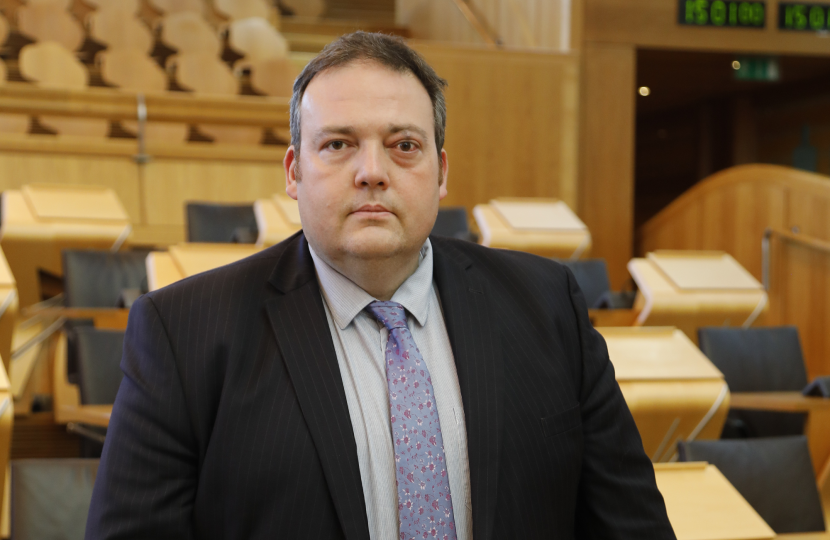
Highlands and Islands MSP Jamie Halcro Johnston has warned that SNP-Green plans to halve consenting time for new Section 36 wind farms must not further reduce the opportunity for local communities to have their say.
Following the Scottish Government's publication yesterday of their Programme for Government, the Scottish Conservatives’ Shadow Deputy Spokesman for Rural Affairs said he recognised the need to transition away from more polluting forms of energy, but expressed concerns that plans to fast-track decision-making could further erode what he described as a process which was “already inadequate” when it came to local decision-making.
Mr Halcro Johnston said that, too often, the decisions of local communities were ridden roughshod over by Scottish Government officials in Edinburgh whose main focus was hitting national renewable targets.
Mr Halcro Johnston said: "While we all recognise the need to transition away from the more polluting forms of energy generation, and to support renewables where suitable, that must not be at the expense of local involvement in the planning and decision-making process.
“Too many people across the Highlands and Islands have already seen large scale onshore windfarms sited in their communities, with the decisions being made, not by their own locally elected councillors, but by Scottish Government officials in Edinburgh.
“And even when local councils have rejected developments, appeals by the developers have, too often, seen that local decision ridden roughshod over by Scottish Government officials more focused on their ministers’ targets than the needs of local communities.
“My concern is that, with these latest SNP-Green coalition plans to halve consenting times, the Scottish Government risks only further reducing the opportunities for local residents - those most impacted by these developments - to raise their concerns.
"The current – already inadequate - community engagement and local decision-making process must not be the first casualty of Humza Yousaf’s efforts to fast-track onshore wind projects.
"Local opinion and local concerns - whether they relate to environmental, land use, visual or health issues - must be fully considered. Local communities must have their say on the projects which impact them most but which too many see little benefit from”.


